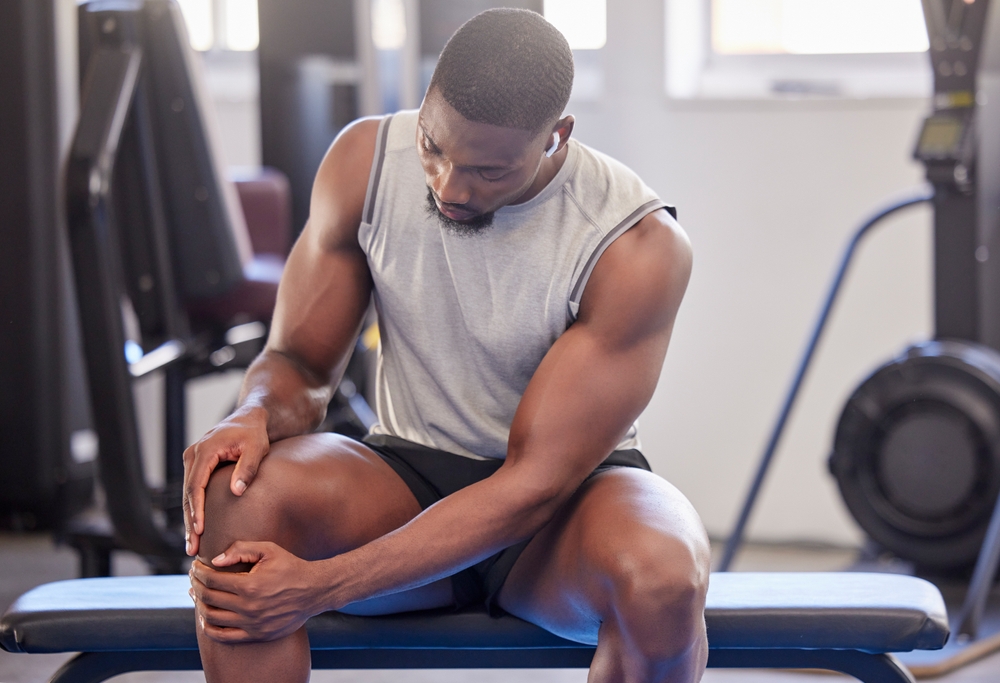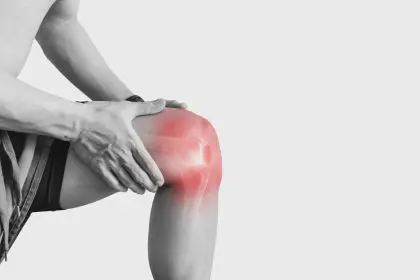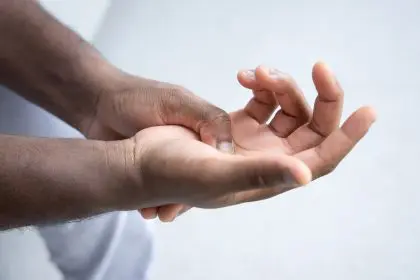Knee popping — also known as “Barbie knees” due to the sounds the doll makes when someone bends its knees — can be an unsettling experience, often leaving individuals concerned about potential underlying health issues. Understanding the reasons behind these noises can help alleviate worries and guide appropriate actions to maintain knee health. This article explores the common causes of knee popping, preventive measures and when to seek medical attention.
Why do knees pop?
Knee popping is a common phenomenon that many people experience at some point in their lives. These popping or cracking sounds can occur during various activities, such as standing up, walking or exercising. While often harmless, these noises can sometimes indicate an underlying condition that requires attention. I
Common causes of knee popping
Gas bubbles
One of the most common causes of knee popping is the presence of gas bubbles within the joint. When you move your knee, the change in joint pressure can cause these bubbles to burst, producing a popping sound. This occurrence is usually harmless and not indicative of any serious condition.
Ligament movements
Ligaments, which connect bone to bone, can also be responsible for the popping sounds in your knees. When you move, these ligaments can shift slightly and snap back into place, causing a popping noise. This type of noise is generally benign and not associated with pain.
Tendon shifts
Tendons connect muscles to bones and can sometimes shift over bones or other structures within the knee joint. This shift can produce a popping sound. Like ligament movements, tendon shifts are typically harmless unless accompanied by pain or swelling.
Meniscus tears
The meniscus is a piece of cartilage that acts as a cushion between the thighbone and shinbone. Tears in the meniscus can occur due to injury or degeneration and may cause popping sounds in the knee. Unlike the previous causes, a meniscus tear often presents with pain, swelling and reduced mobility, necessitating medical evaluation.
Osteoarthritis
Osteoarthritis is a condition characterized by the degeneration of cartilage in the joints. As the cartilage wears down, the bones in the knee can rub against each other, causing a popping or grinding noise. This condition is usually accompanied by pain, stiffness and swelling.
Preventive measures for knee popping
Maintain a healthy weight
Carrying excess weight can place additional stress on your knee joints, increasing the risk of joint degeneration and associated noises. Maintaining a healthy weight through proper diet and regular exercise can help alleviate this pressure.
Strengthen supporting muscles
Strong muscles around the knee can help stabilize the joint and reduce the likelihood of popping sounds. Incorporate exercises that target the quadriceps, hamstrings and calf muscles to build strength and support knee health.
Proper warm-up and cool-down
Before engaging in physical activities, ensure you perform a thorough warm-up to prepare your muscles and joints. Similarly, a proper cool-down routine can help prevent injuries and maintain joint flexibility.
Use proper footwear
Wearing shoes that provide adequate support and cushioning can help absorb impact and reduce stress on your knee joints. Choose footwear appropriate for your activities and replace them when they show signs of wear.
When to seek medical attention
While knee popping is often harmless, certain symptoms accompanying the noise can indicate a need for medical evaluation. Seek professional advice if you experience:
- Persistent pain
- Swelling or redness around the knee
- Difficulty moving or bearing weight on the knee
- Knee instability or giving way
These symptoms may suggest an underlying condition such as a ligament injury, meniscus tear, or osteoarthritis that requires medical intervention.
Managing “Barbie knees”
Knee popping is a common experience that can result from various causes, ranging from harmless gas bubbles to more serious conditions like meniscus tears or osteoarthritis. Understanding the potential reasons behind these noises and taking preventive measures can help maintain knee health and alleviate concerns. However, if you experience persistent pain, swelling or difficulty with knee movement, it is important to seek medical attention to address any underlying issues promptly.
By maintaining a healthy weight, strengthening supporting muscles and using proper footwear, you can reduce the likelihood of knee popping and ensure your joints remain in good condition. Regular checkups with a health care provider can also help monitor knee health and catch any potential problems early, ensuring you stay active and pain-free.
This story was created using AI technology.













